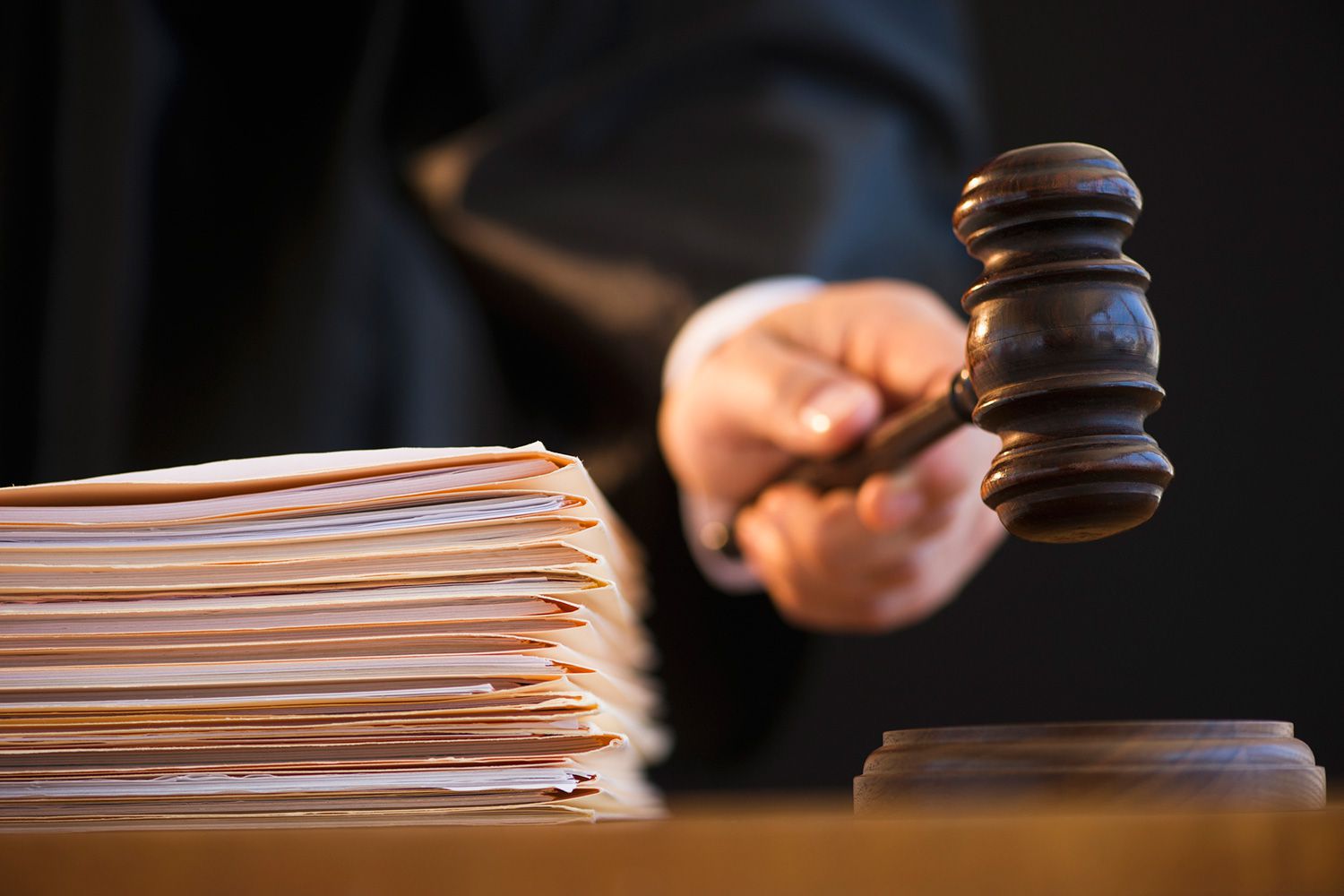Summary
Victim impact statements are important for the criminal process as they can influence the sentencing courts when considering penalties and punishment. Despite the fact they are essentially based on opinion, victim impact statements are written to describe the physical and emotional suffering crime has affected.
A victim impact statement can be written by either the primary victim or the family, friends or other affected victims of the primary victim. A victim impact statement can be presented to the court whether the offender pleads guilty or not guilty as it is more relevant to sentencing than it is for proceedings.
If you are unsure about anything to do with victim impact statements then you should seek legal advice as soon as possible. Jameson Law have a team of expert criminal lawyers ready and willing to assist you with anything you need.
What Is A Victim Impact Statement?
A victim impact statement allows the victim a voice within the criminal proceedings. It is a chance for the victim to explain their pain, suffering or mitigation of a crime committed against them. It is important for the court to understand the impact the criminal offending had on the victim so it can factor into two important issues; whether there is a continued risk to the community and whether there should be a harsher or lighter penalty considered.
The court is able to use a victim impact statement to factor into sentencing matters for the defendant. At the sentencing hearing, the victim or prosecution will read the victim impact statement aloud to demonstrate the emotional suffering the victim has endured. If the defendant has plead not guilty but been found guilty of the offence, the victim impact statement can be a powerful tool. It can signify to the court the lack of remorse shown by the defendant towards the victim.
Case Study
Kayla is the victim of a violent assault where she suffered a fractured skull, broken cheek bones and a broken arm. She was in significant distress at the time the police arrived at the scene. Kayla has spoken to the prosecution about wanting to provide a victim impact statement to the court.
Kayla has been having nightmares, flashbacks and anxiety attacks since the assault due to the harm suffered. On top of the physical harm, there is deep emotional harm which she may never recover from. The court process so far has taken its toll on Kayla and she requires the support of both family members and a support person during the court case.
The court finds her victim impact statement to have influence in relation to the defendants sentence, The court can see that Kayla has suffered harm at the hands of the defendants and that it has irreversibly changed her life.
Is A Victim Impact Statement Required?
There is no requirement for a victim to provide a statement about what they have suffered and how it is effecting them. In many instances, it can be too painful for the victim to even contemplate writing a statement or they simply elect not to do so. It can be confronting for a a statement to be read aloud which broadcasts the emotions and suffering of an already vulnerable individual.
There are some who do not want their offender to become aware of how much pain, harm or suffering they have caused to their life, particularly if it is someone known to them. Ultimately, the facts, circumstances and harm suffered are presented to the court by the prosecution during the trial, if required, and those factors are taken into account when the determination is made.
Who Can Write A Victim Impact Statement?
Usually, the term “Victim Impact Statement” leads people to believe that the physical victim of the offence is the only one who can present to the court how the offending has affected them. Yet this is not the case. Criminal offending can have a far reaching effect depending on the circumstances and there may be other victims who feel its impact.
The most powerful and life altering example which springs to mind is that of murder. In this instance, the victim of that offence is not able to express how the offending has impacted their lives but their family remains to share their pain and grief. The injury in this case is emotional, not physical.
Case Study
Kyle has been found guilty of murder after he hit his best friend, Alex, with a car intentionally. This is a very serious crime. Kyle was upset with Alex over a debt that he owed him and they got into a heated argument when they met at the local pub.
Alex went home and got changed so that he could go for a run to clear his head. Alex stayed at the bar and had a few more drinks. He got more and more upset about the argument and pulled out his phone to search for Alex’s location on social media. Kyle saw that he was running a few blocks away.
Kyle got into his car and drove a few blocks away to try and find Alex. He saw him running up ahead of him. He put his foot on the accelerator and sped up the road to just behind Alex. He mounted the curb and accelerated into the back of Alex sending him flying over the back of the car where he hit the ground. Unfortunately, Alex died on impact.
Alex’s family, specifically his pregnant fiance, submitted powerful victim impact statements to the court. Alex’s fiance lost not only her partner but the father of her unborn child and all the emotional, physical and financial support. It ultimately persuades the judge to attribute a harsher sentence.
FAQS
What Is Criminal Law?
Criminal lawrefers to the punishment for criminal acts committed against individuals within the community. Each criminal court case is subject to either a Judge or Magistrate determining guilt based on evidence brought by the prosecutor and rebutted by the defence.
What Are Victims Of Crime?
Victims of crime are those who are affected by criminal actions in a direct, indirect or personal way. Victims can be friends, family, member of the community or even bystanders who have no direct involvement to the crime. Victim statements are read aloud in court to accurately report what happened and to describe the injury suffered.
What Is Criminal Justice?
Criminal justice is an important aspect of the court process. Criminal justice refers to the notion that a defendant be brought to justice through punitive measures due to criminal acts committed. When a defendant is sentenced by the sentencing court, the severity of the punishment is dependent on the circumstances of the crime and the severity of the offence.
Why Are Victim Impact Statements So Important?
A victim impact statement when read aloud is a powerful and persuasive statement to the court. It is one of the only chances for the victim to explain in their own words how crimes has affected their life and why the court should take that pain and suffering into account when determining a sentence.
In a nutshell…
A victim impact statement is relevant to a defendant’s sentencing hearing as it is important for the sentencing judge to understand the impact the defendants actions have had. The court process relies on understanding the impact of criminal offending to help determine punishment.
Victim impact statements are only one means of evidence before the court. Other evidence such as, witness statements, oral evidence and video is presented and cross examined before the court to determine a guilty or not guilty verdict.
If an individual pleads guilty then they will still be subject to the sentencing courts/sentencing proceedings and a victim impact statement can still be considered. If you require any assistance with any aspect of criminal law, contact Jameson Law today for expert advice.













